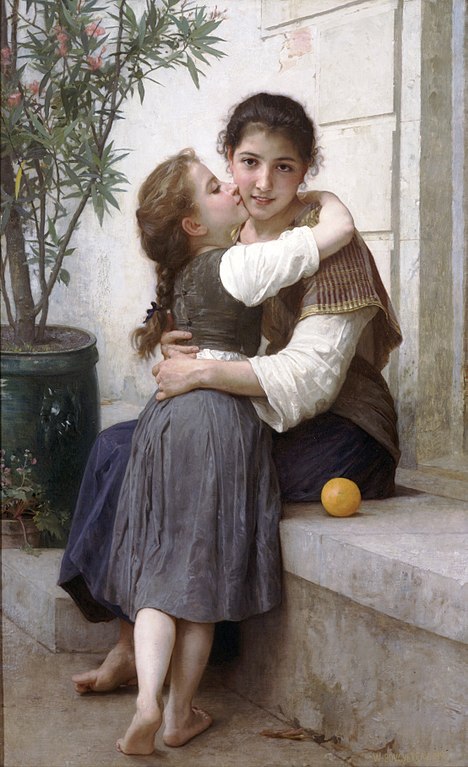
Un beau poème de Minou Drouet dédié à son premier amour, Lucette Descaves, sa professeure de piano. Au moment de sa composition, Mme Descaves avait 41 ans de plus que Minou, alors âgée de 8 ou 9 ans. CONTINUE READING / CONTINUER LA LECTURE…

Un beau poème de Minou Drouet dédié à son premier amour, Lucette Descaves, sa professeure de piano. Au moment de sa composition, Mme Descaves avait 41 ans de plus que Minou, alors âgée de 8 ou 9 ans. CONTINUE READING / CONTINUER LA LECTURE…
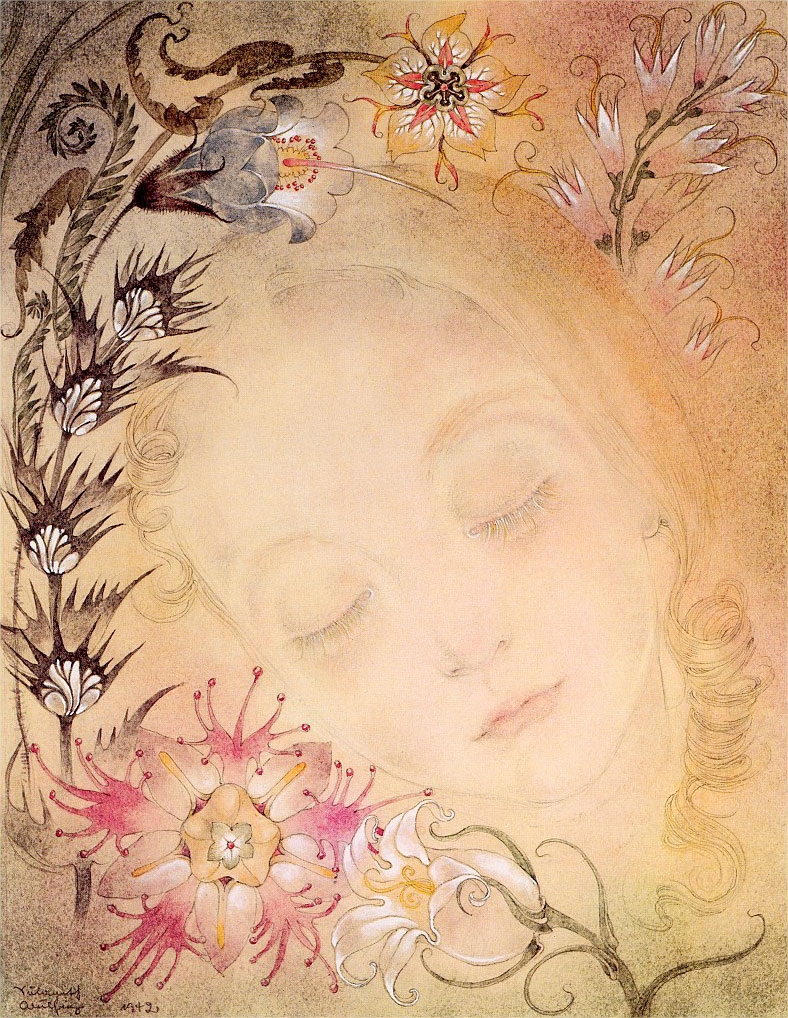
The poet sings his beloved and her sweet face. But fear hides the light of her love. Now the kiss is master of fear, so love is stronger than shame, and the climax comes unupbraided. CONTINUE READING / CONTINUER LA LECTURE…
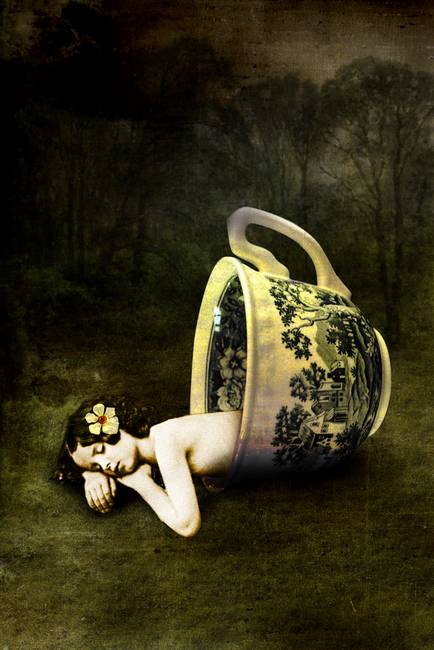
Poets and Lovers, le phénix d’Agapeta, existe depuis six mois. Sa base de donnée fut créée sur un site expérimental le 17 mars, et il reçut son nom de domaine le 20. Voici son premier secret : CONTINUE READING / CONTINUER LA LECTURE…
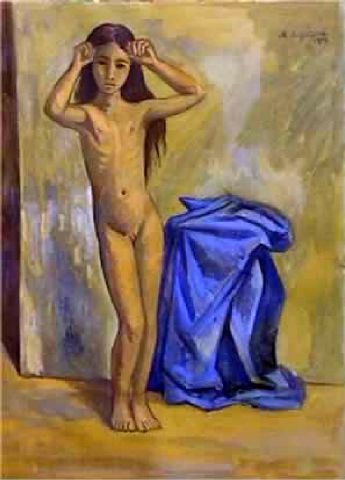
Fleur effeuillée, fente dévoilée, fruit défendu, forêt sacrée, feu allumé, fenêtre rouge du désir…
Je suis là
Toute nue
Dans la rue
Sans lilas
Pour voiler
Ma vertu
Qui n’est plus
Sans péché
Précédemment publié sur Agapeta, 2016/03/21.
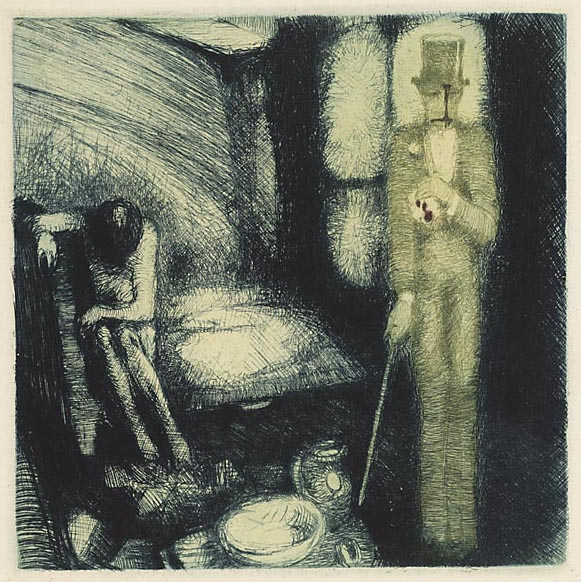
Dans l’article « Les Chants de Maldoror, par Isidore Ducasse, Comte de Lautréamont », j’ai présenté cette œuvre déroutante, tournant autour du personnage de Maldoror, anti-héros révolté se déclarant maudit et en guerre contre Dieu et l’humanité. Au fil des pages l’auteur nous livre de façon décousue les pensées et imprécations de cet homme, et occasionnellement ses actions, certaines assez insignifiantes, d’autres spectaculaires, comme collaborer au carnage d’une femelle requin avant de faire l’amour avec elle (Chant 2, strophe 13). CONTINUE READING / CONTINUER LA LECTURE…
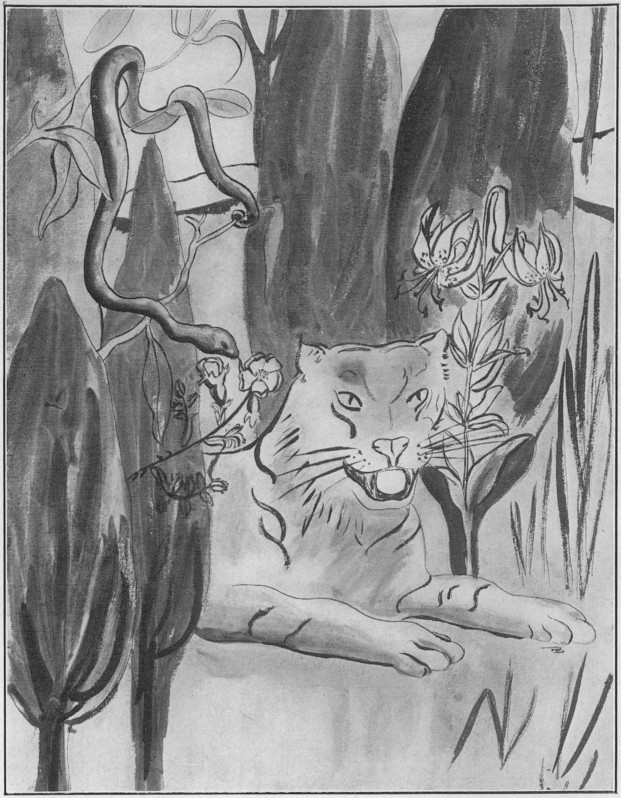
In 1928 appeared Nathalia Crane’s fourth collection of poetry, Venus Invisible and Other Poems. Again, the title comes from one of the poems, but in this case not a noteworthy one. In my opinion, the most important work in the book is the long poem “Tadmor,” a strange oriental love tale with dreams and premonitions, ending in mutual worship; it is organised like an opera, alternating story, dialogues and chorus songs. In this book, the 15-year-old author shows her fully adult sophistication, which she had displayed growingly in her previous collections of verses. CONTINUE READING / CONTINUER LA LECTURE…
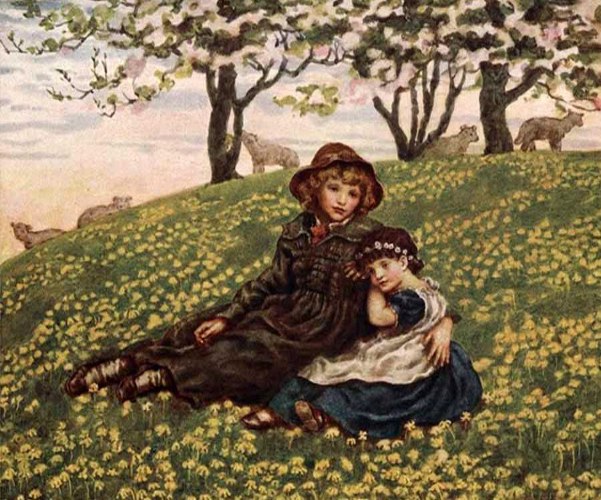
Minou Drouet se passionnait pour la musique, ses poèmes chantaient en elle. Aussi son premier amour fut Lucette Descaves, son professeur de piano. Mais bientôt elle fit la connaissance d’un garçon de quinze ans, Philippe, amoureux d’elle, qu’elle finit par aimer. CONTINUE READING / CONTINUER LA LECTURE…
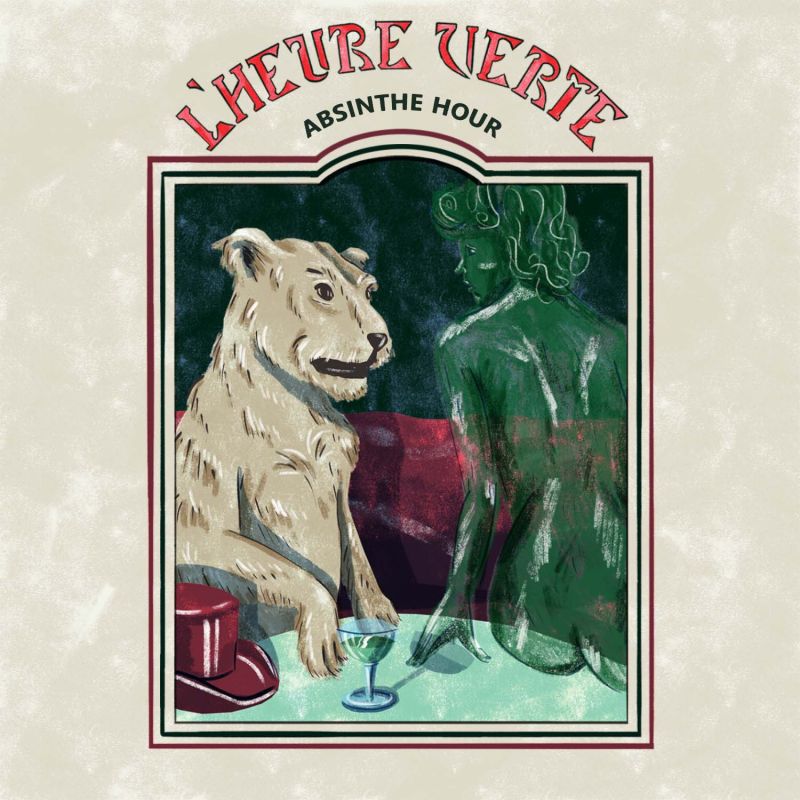
L’amour réclame l’ivresse. Les nuits rouges se préparent dans les heures vertes, les lèvres des baisers enflammés se sont allumées avec un doux breuvage. Ma lointaine bien-aimée, la magie de la fée verte pourra-t-elle t’amener à moi ? CONTINUE READING / CONTINUER LA LECTURE…
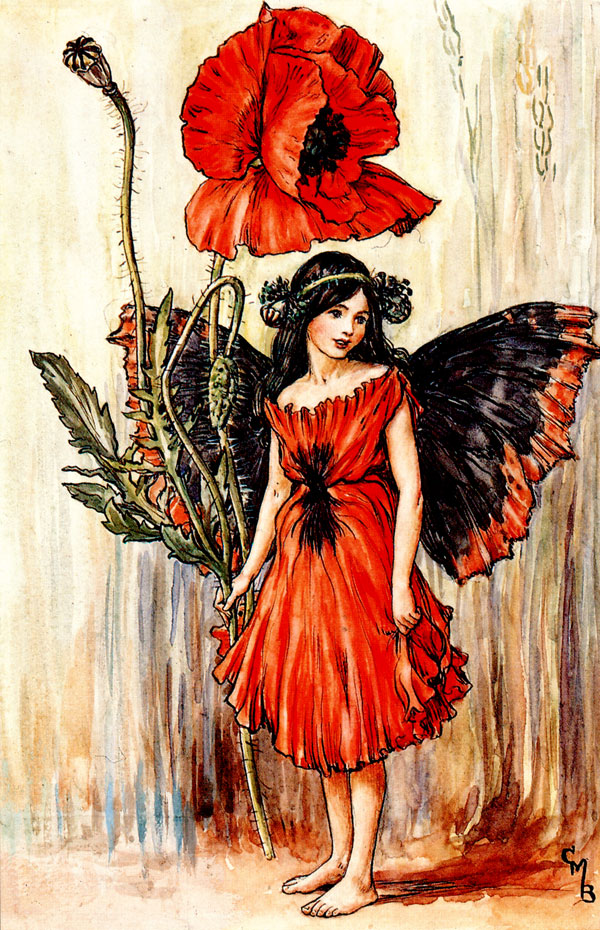
From the collection Alice: An Adultery, a beautiful love poem for Mary Alice Rogers, a married woman with whom Crowley had a passionate affair in Hawaii. In the privately published 1903 edition, there was an 11th stanza , I reproduce it below. In the 1905 edition published by the Society for the Propagation of Religious Truth, it was titled “The Poem”, so in the 1906 edition of Crowley’s Collected Works, there was a footnote to the title, indicating “The poem in question.” CONTINUE READING / CONTINUER LA LECTURE…
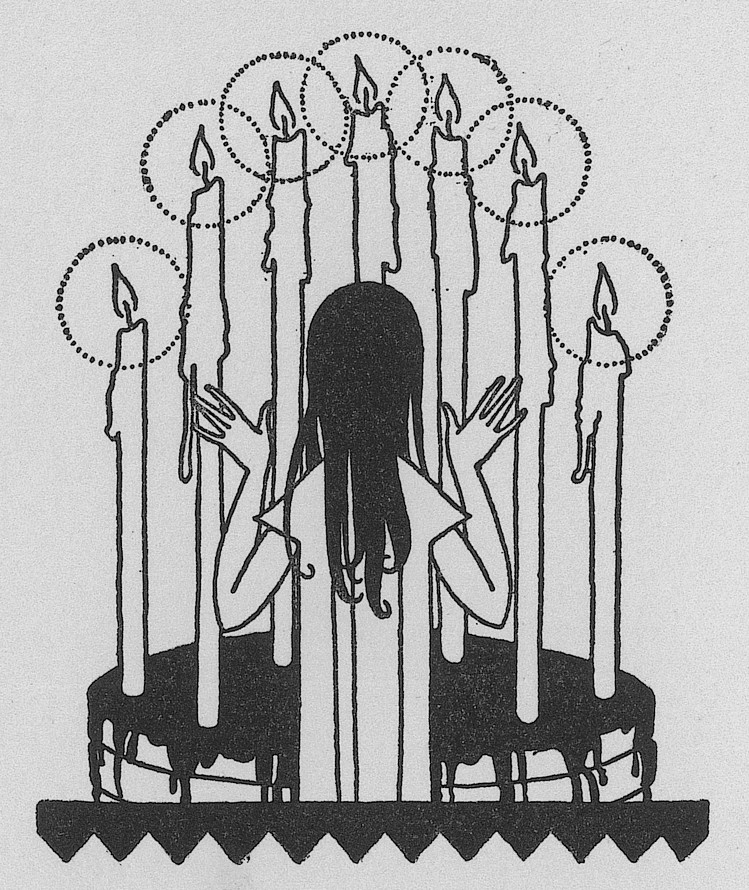
A birthday wish from a 13-year-old girl to one reaching age 7. This poem and the accompanying illustration were included in the 7th anniversary celebration on Pigtails in Paint. CONTINUE READING / CONTINUER LA LECTURE…